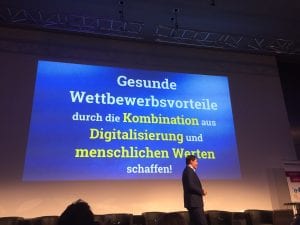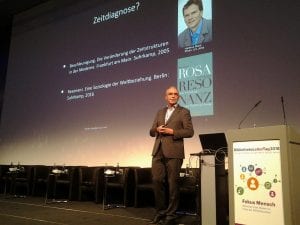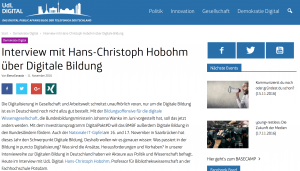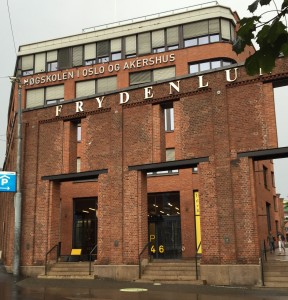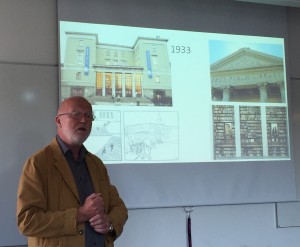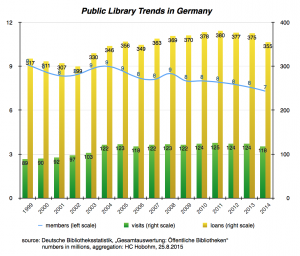war das Thema des diesjährigen Bibliotheksleitertags von OCLC am 28. November 2018.
Keynote war Dr. Roman Szeliga, der Gründer der Clown Doktoren. Er vermittelte den ca. 250 anwesenden Bibliothekar*Innen, dass auch Humor eine wesentliche Kompetenz in Zeiten der Digitalisierung sein sollte.
Das war umso interessanter, als im SRF Literaturclub vom Oktober 2018 den Analysen von Yoval Harari Humorlosigkeit attestiert wurde. Und wenn man es genau ansieht, sind auch Bibliotheken oft keine spaßigen Einrichtungen (ssshh!).
Leider war die Tagung dann thematisch sehr divers ausgerichtet: es gab einen DH/FDM Track für die „wissenschaftlichen Bibliotheken“ und einen „Dritter Ort“ Track für die „Öffentlichen Bibliotheken“. Eine größere Diskrepanz ist eigentlich nicht vorstellbar. Entsprechend war wahrscheinlich auch die Zusammensetzung der Teilnehmer.
Ich hatte die Ehre, einen der letzten Vorträge zu halten, mit dem ich die Anwesenden „beruhigen“ sollte. „Digitalisierung na und. Warum Bibliothekare das Zeug für die neuen Aufgaben bereits in der Tasche haben.“ war der mit OCLC vereinbarte Titel meines Vortrags. Ich berichtete vorwiegend aus den vergangenen und laufenden Forschungsprojekten, die Kompetenzen und Aufgabenprofile von information professionals im Blick haben. Meine Quintessenz: Bibliotheken sollten mit ihrem Gepäck als Informations- und Wissenseinrichtung Transformationsagenturen werden. Ganz im Sinne von David Lankes Mission Statement, dass Bibliothekare zur Verbesserung der Gesellschaft beitragen sollten. Ob wir nun davon ausgehen, dass die Digitalisierung (z.B. mit Verstärkung von Echokammern in den Social Media) die gesellschaftliche Entwicklung in einem problematischen Licht erscheinen lässt oder nicht: eine Rolle auf der einen oder anderen Seite (Daten/FDM oder Mensch/Dritter Ort) haben sie. Continue reading

